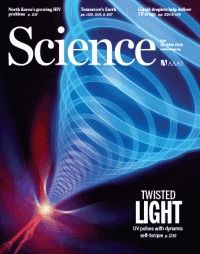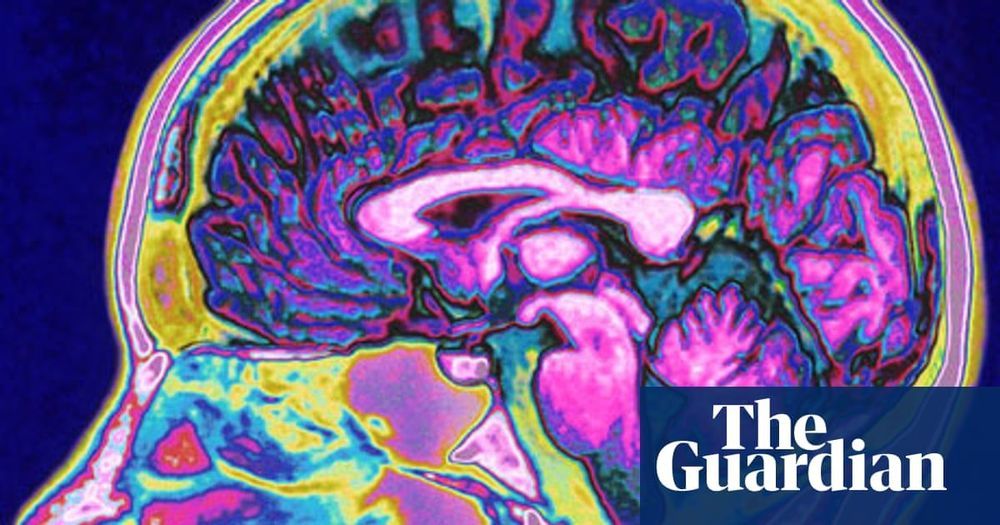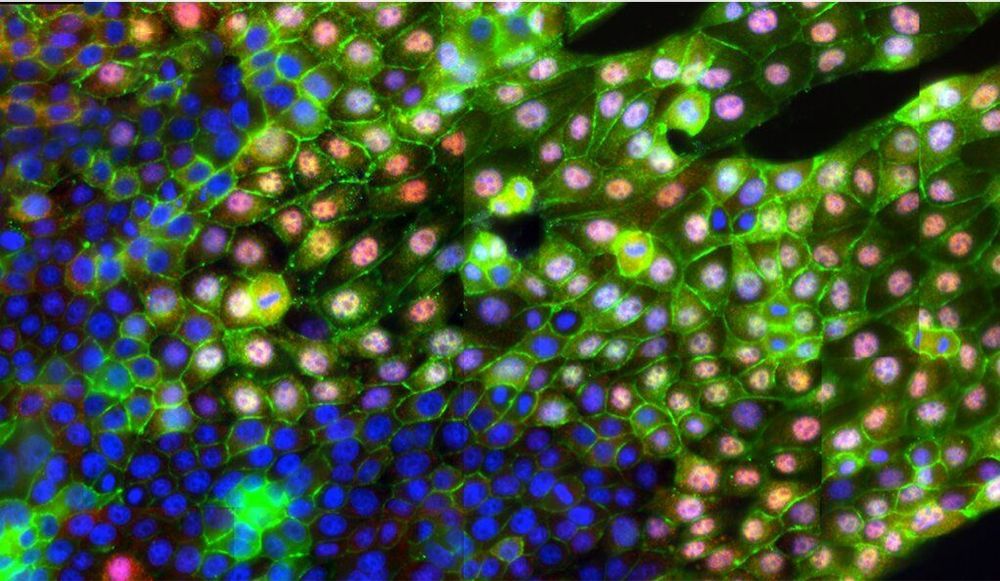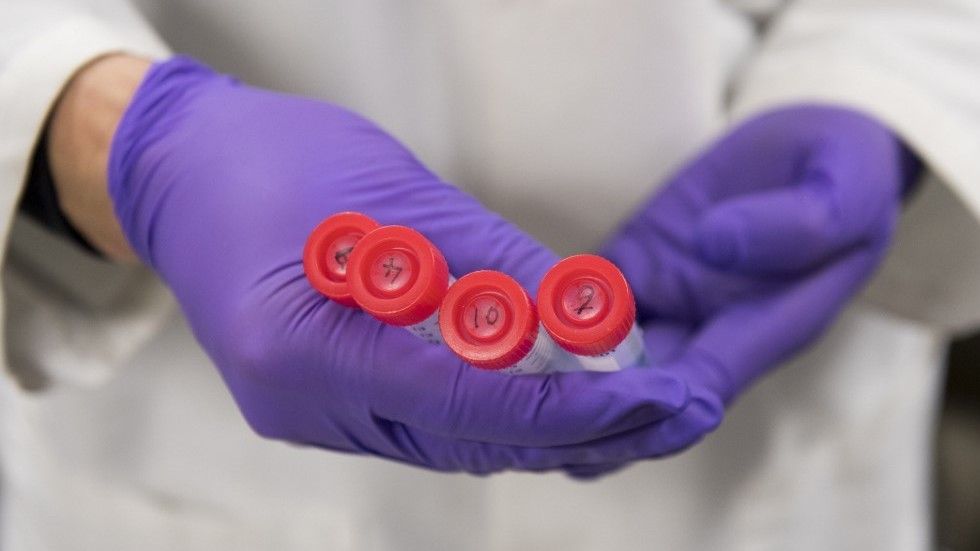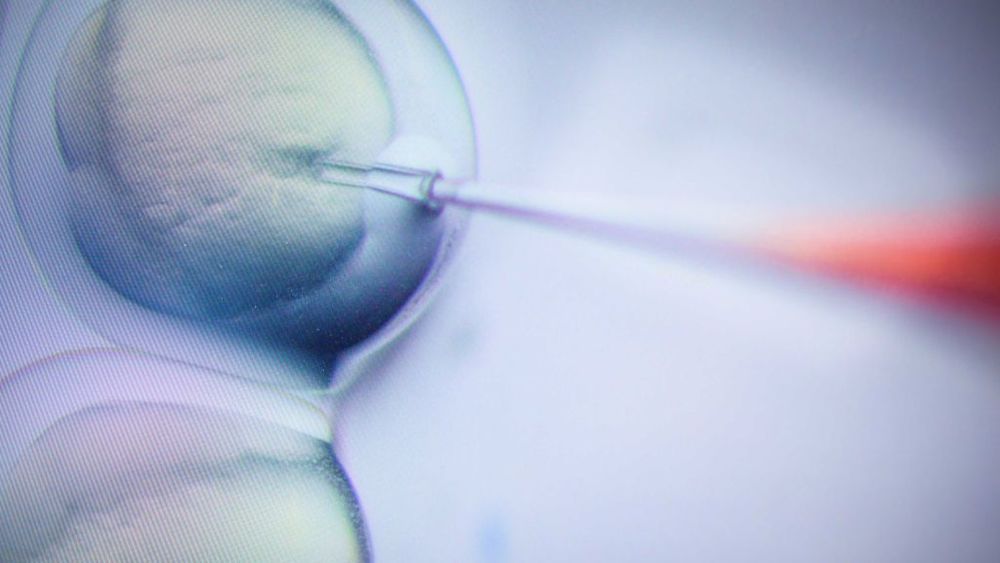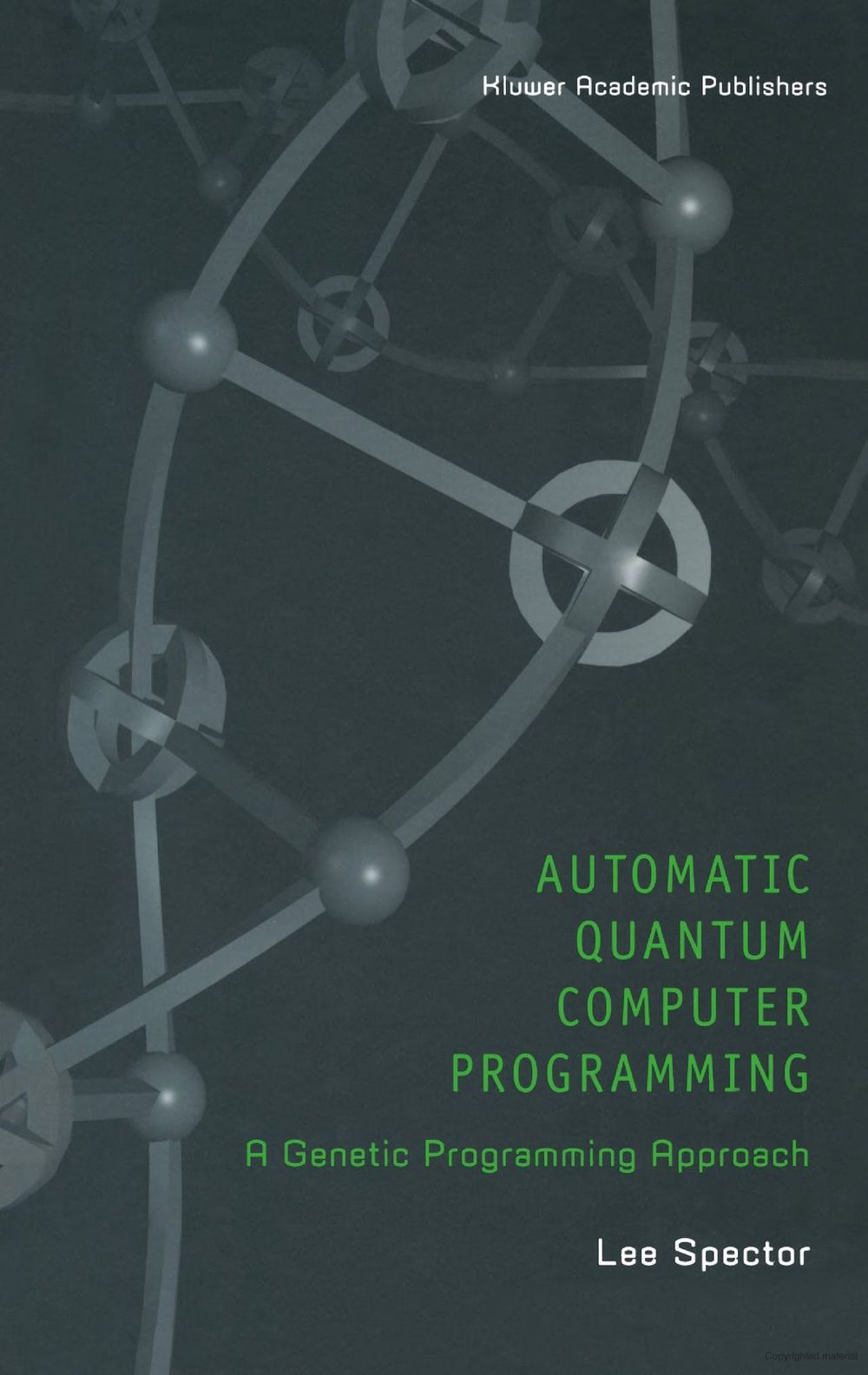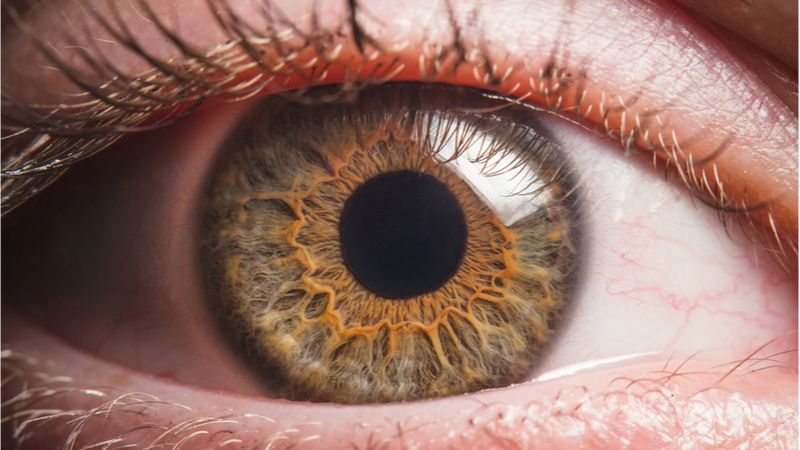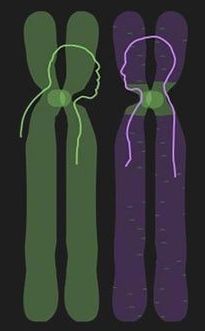Circa 2001
DNA methylation is a major epigenetic modification of the genome that regulates crucial aspects of its function. Genomic methylation patterns in somatic differentiated cells are generally stable and heritable. However, in mammals there are at least two developmental periods—in germ cells and in preimplantation embryos—in which methylation patterns are reprogrammed genome wide, generating cells with a broad developmental potential. Epigenetic reprogramming in germ cells is critical for imprinting; reprogramming in early embryos also affects imprinting. Reprogramming is likely to have a crucial role in establishing nuclear totipotency in normal development and in cloned animals, and in the erasure of acquired epigenetic information. A role of reprogramming in stem cell differentiation is also envisaged.
DNA methylation is one of the best-studied epigenetic modifications of DNA in all unicellular and multicellular organisms. In mammals and other vertebrates, methylation occurs predominantly at the symmetrical dinucleotide CpG (1–4). Symmetrical methylation and the discovery of a DNA methyltransferase that prefers a hemimethylated substrate, Dnmt1 , suggested a mechanism by which specific patterns of methylation in the genome could be maintained. Patterns imposed on the genome at defined developmental time points in precursor cells could be maintained by Dnmt1, and would lead to predetermined programs of gene expression during development in descendants of the precursor cells (5, 6). This provided a means to explain how patterns of differentiation could be maintained by populations of cells. In addition, specific demethylation events in differentiated tissues could then lead to further changes in gene expression as needed.
Neat and convincing as this model is, it is still largely unsubstantiated. While effects of methylation on expression of specific genes, particularly imprinted ones and some retrotransposons , have been demonstrated in vivo, it is still unclear whether or not methylation is involved in the control of gene expression during normal development (9–13). Although enzymes have been identified that can methylate DNA de novo (Dnmt3a and Dnmt3b) (14), it is unknown how specific patterns of methylation are established in the genome. Mechanisms for active demethylation have been suggested, but no enzymes have been identified that carry out this function in vivo (15–17). Genomewide alterations in methylation—brought about, for example, by knockouts of the methylase genes—result in embryo lethality or developmental defects, but the basis for abnormal development still remains to be discovered (7, 14).
